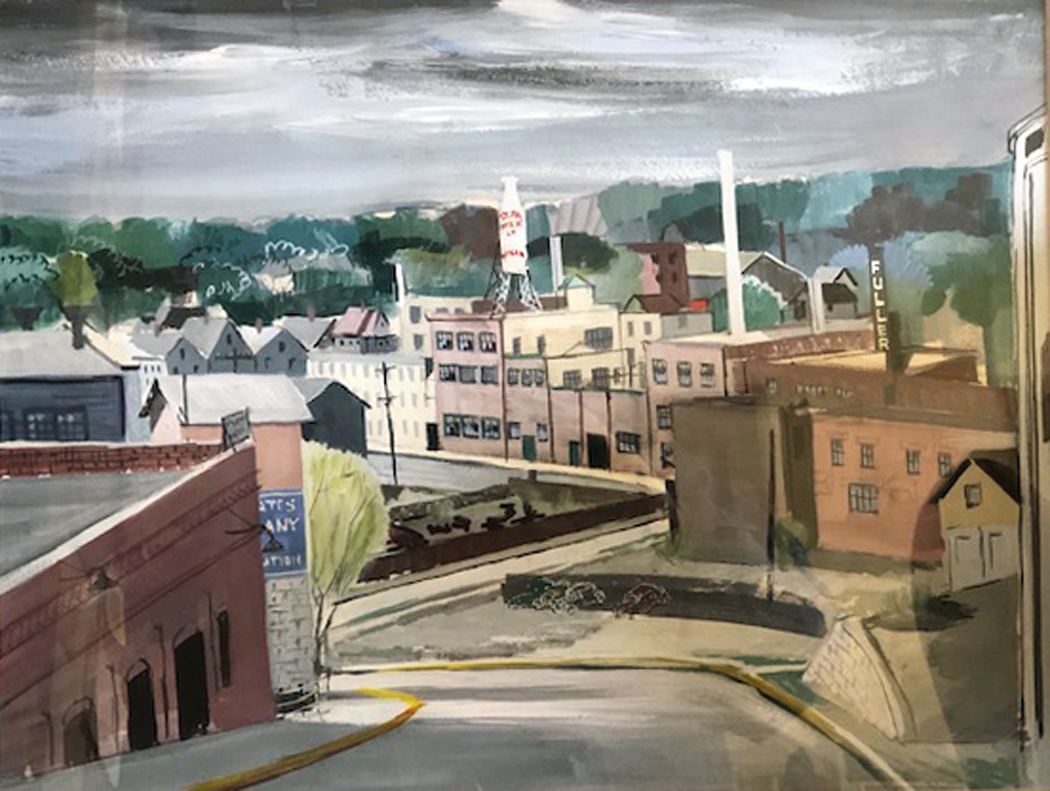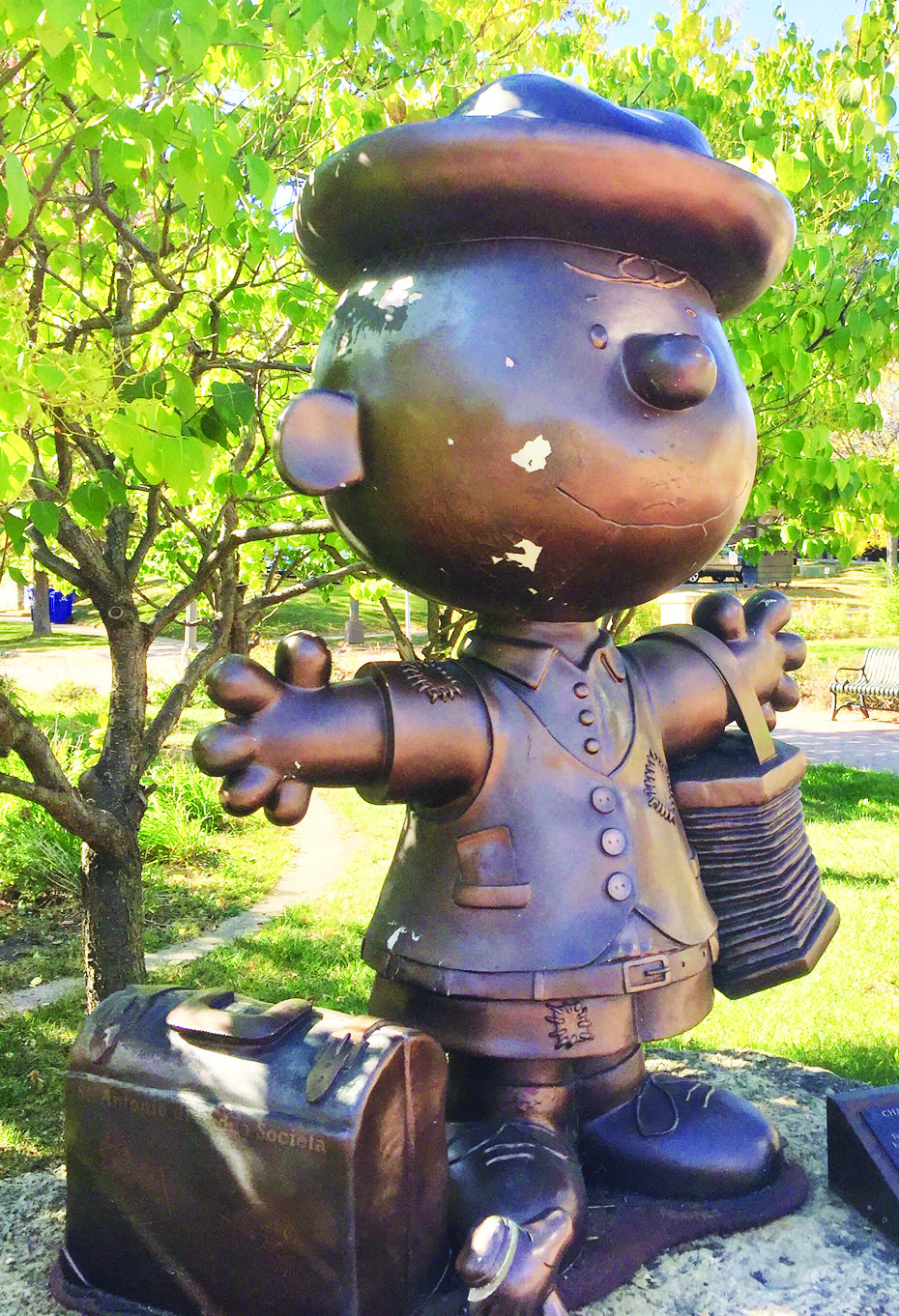Our West End Neighbors — Being Careful, Caring and Creative
Although the onset of COVID-19 has not changed everything in our lives,
with its continuing spread it has become much more difficult to ignore the basic realities about how our ordinary lives are organized and sustained.
We are no longer naïve about devastating human costs of the disease, its disastrous economic and social toll. Although we now know many more facts — the science and numbers speak for themselves — the future is still uncertain. One of the candidates for the Federation Board calls this a time of “unprecedented uncertainty.”
We are in a kind of liminal space, a time when we can’t imagine what comes next. We sort of remember how things were a few months ago, but that seems more like a fantasy — could it really ever have been that way? We don’t know enough yet to say much about where we are heading. We don’t really understand the complexity of COVID-19. So many have died, so many are grieving, and so many fear for themselves and their families.
How do people get by?
Each year, the Bureau of Labor Statistics conducts a Consumer Expenditure Survey, gathering income and expense information from people in all parts of the country; with all levels of education; from all ethnic groups; of all ages.
The results show what you have to earn to come out ahead of your expenses. That figure is more than $50,000 per year. Until that point, your expenses exceed your income — how you bridge the gap is not considered in the Survey, but it’s a question that may affect more than two-thirds of our population.
You have no emergency funds; you can’t save for a vacation, or kids’ education, or retirement. Yet you work hard (often with more than one job) and probably don’t understand why you never seem to get ahead or why “society” doesn’t really seem to value you.
To make $50,000 per year you need to be making $25 per hour. We have all seen the struggles involved in getting to a $15 minimum wage.
In the Pandemic
Before COVID-19, we took it for granted that there must be some fairness in our system. If your work was more important, you would be paid more. During COVID-19, we are all thanking, praying for , amazed by our essential workers — and this may be opening our eyes to understanding that the many invisible and hardly rewarded workers among us are necessary to maintaining the world we consider normal.
So, we seem to need a completely abnormal, shocking and deadly upheaval to lift the veil on the true state of affairs. Was it a case of things we didn’t know, didn’t want to know, or couldn’t afford to know?
When COVID-19 emerged, our low-income workers faced a new dilemma. They might be most likely to be laid off, or they might be designated essential and sent out to work in high-risk environments without personal protective equipment or adequate testing. [Note: by early May, 40% of Americans with household incomes below $40,000 lost a job. Of those earning more than $100,000, the figure was 13%.]
Also, by early May, 7% of small business owners (who have created the most jobs for decades) reported being out of cash; 9.5% could fund a week of operations; 50% predicted they’d be out of funds within a month. Owners and workers at the brink.
In Our Community
With our history of civic engagement, we have insisted on being included in the decisions that affect our lives. We have valued and supported each other. Now, we need to do everything we can to make sure that all our neighbors are involved — to examine, discuss, brainstorm, invent, imagine, ways of valuing everyone’s economic and social roles.
Our essential workers are essential, and there are vastly more of them than we understood. Think of what you’ve discovered during COVID-19 about who is most essential to your life and what they have had to go through.
Michael Sandel, political philosophy professor at Harvard, recently published an article in the New York Times, “Are We All in this Together?” in which he writes:
“Beyond thanking them for their service, we should reconfigure our economy and society to accord such workers the compensation and recognition that reflects the true value of their contributions, not only in an emergency, but in our everyday lives. {Such a reconfiguration} requires deliberating as democratic citizens about what constitutes a contribution to the common good, and how such contributions should be rewarded.”
“As citizens,” we have a chance to come through the crisis with a determination to join the local efforts to think about and renew our community. The Federation candidates show that they are ready to be fully involved. Our other key organizations continue to engage and work to improve the community. Each person’s involvement will be required.
Let’s decide as a community not to “go back to normal.” Normal wasn’t good enough.
by Jerry Rothstein




